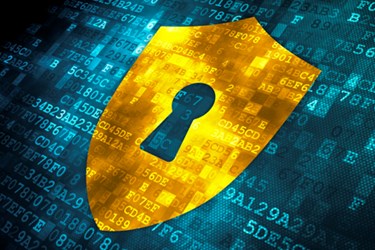Senate Advances Cybersecurity Information Sharing Act
By Trisha Leon, contributing writer

Threats to cybersecurity are on the rise. Ransomware like Cryptolocker and Kovter has caused considerable loss of time and money for many companies. In an effort to protect the country from these growing online threats, The Senate Intelligence Committee voted 12-3 on July 8 to advance a cybersecurity bill that “encourages private companies to share information about cyber threats with the federal government and each other and gives the companies liability protections for sharing information about and responding to cyber threats,” this according to The Hill.
Privacy advocates, though, fear the bill, the Cybersecurity Information Sharing Act, will give government agencies, specifically the NSA, too much information without limitations on how the information is used. One of the bill’s two authors, Vice Chairman Saxby Chambliss (R-Ga.), however, stated that “the cyber threats to our nation are all too real,” and urged Senate leadership to “take up and pass this bill before the August recess.”
Privacy was a priority when writing the bill, but as Chambliss noted, “No bill is going to be perfect that's going to be able to encompass a bipartisan approach.” Lawmakers did endeavor to find middle ground. Chambliss said, “We had to make compromises between what the business sector wanted and what the privacy folks wanted," adding that the committee did “a good job of achieving compromises on significant issues.” Seven amendments were added to the bill, including an amendment “strengthen privacy protections.” According to Kate Tummarello of The Hill, “the panel also adopted amendments to create limitations for how long cyber threat information can be retained and to require a report from the Director of National Intelligence on intelligence information sharing.”
The ACLU has come out against the bill, while others, such as Finjan Holdings, a technology company with software that proactively protects end users from identity and data theft, spyware, malware, phishing, trojans and other online threats, support the initiative.
